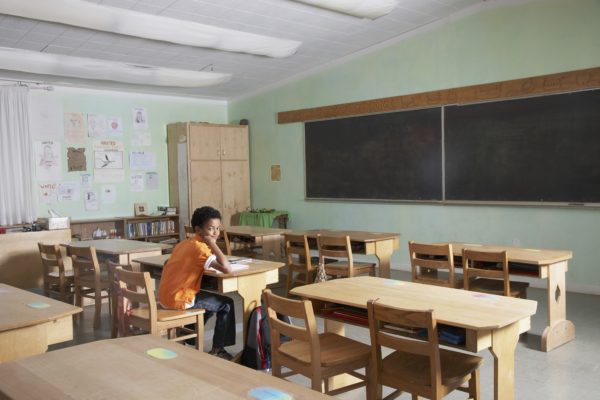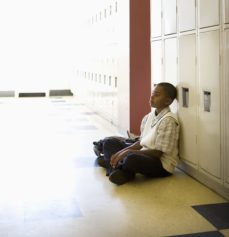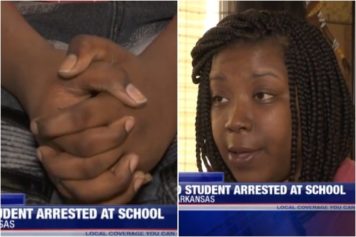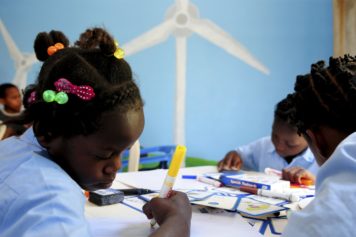Illinois is bidding adieu to the use of isolated punishment in its schools.
Last week, the Illinois State Board of Education announced an emergency action to ban the placing of children in locked seclusion rooms, away from teachers and classmates, as a form of discipline. Officials argue the practice has been “misused and overused to a shocking extent.”

According to a recent report, students remanded to isolation usually have special needs or struggle with behavioral issues. (Photo: Getty Images)
“Isolated seclusion will end now,” Gov. J.B. Pritzker said in a statement, adding “it traumatizes children, does lasting damage to the most vulnerable and violates the most deeply held values of my administration and the State of Illinois.”
Pritzker decried the “unacceptable” practice and called its longtime use in school districts across the state simply “appalling.”
Under the new rules, teachers would still be allowed to send misbehaving students to timeout, so long as they’re accompanied by a “trained adult” in a room that remains unlocked throughout the punishment, a Nov. 20 press release explains. Timeouts, however, are only to be used for therapeutic reasons and/or ensuring the safety of students and staff.
The emergency order also bans the use of physical restraints or anything that “could impair a student’s ability [to] breathe or speak normally” and would require all schools to submit data to the boards within 48 hours of any instance of physical restraint or isolated timeout.
Moreover, the Board announced that it would start investigating all known instances of seclusion and physical restraint in Illinois schools over the past three years in an effort to take the “appropriate disciplinary and corrective action.” The governor’s office hopes to expedite the process by filing a complaint on behalf of all reported cases of seclusion and requiring a report be returned within 60 days.
“I am demanding complete and immediate accountability,” said Pritzker.
The announcement comes on the heels of an investigative report published by The Chicago Tribune and ProPublica, detailing thousands of instances of Illinois students being locked away in so called “quiet rooms” at school.
“What we’re talking about are small spaces that a lot of parents describe as like cells or like jail or even like a closet — very, very small spaces that are reminiscent for many people of a more punitive-type situation,” Jennifer Smith Richards, a data reporter for the Tribune, told NPR in a recent interview.
The report, which included over 120 interviews with parents, children and school officials, provides the first in-depth look at the controversial practice. Smith Richards noted that the students put in isolation usually have special needs or struggle with behavioral issues.
“We’re talking about largely students with disabilities,” she explained, “very often students who have emotional and behavioral disabilities, sometimes students with autism. Those are the students who most often we were seeing were spending time in seclusion rooms here.”
The first-of-its kind report also revealed state education officials were largely unaware of the “quiet room” excesses because they were not properly monitoring schools’ use of the practice. Parents were left in the dark as well, as schools failed to notify them when their children were restrained or placed in timeout.
The Board says it will work with legislators and stakeholders on legislative action and will communicate to the public as progress is made.


